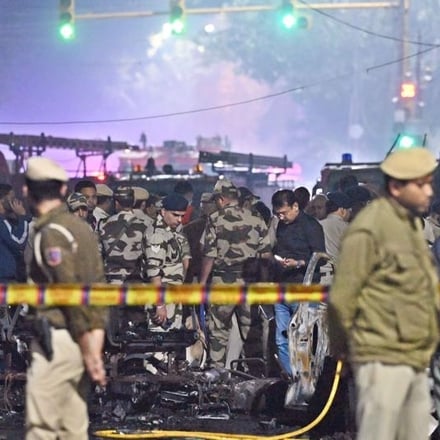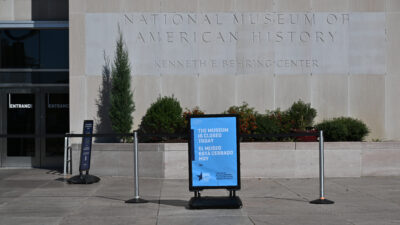
Fatal Blasts Rock India and Pakistan
In a stark reminder of regional tensions, a series of bomb blasts in India and Pakistan resulted in significant fatalities within a mere 24-hour span, claiming at least 20 lives across the capitals of both nations.
Deadly Explosions in New Delhi
On the evening of a seemingly ordinary Monday in New Delhi, a devastating car explosion erupted at a traffic signal near the historic Red Fort, a prominent tourist attraction, leaving eight individuals dead and injuring another 20, according to police reports. The explosion occurred in the city’s old quarter, adjacent to a metro station, a location frequently bustling with commuters and visitors.
Eyewitness accounts describe a scene of chaos and destruction, as nearby vehicles bore the brunt of the blast. The intensity of the explosion led authorities to speculate that the car’s occupants may not have survived. Officials from various departments quickly mobilized to initiate an investigation, employing anti-terrorism laws as they sifted through the debris left in the wake of the attack.
In response to the bombing, heightened security measures were implemented across multiple states in India, highlighting the persistent threat of terrorism in the region, even as the country grapples with its internal security dynamics.
Suicide Bombing in Islamabad
Hours later, a separate but equally deadly attack transpired in Islamabad, the capital of Pakistan, where a suicide bomber detonated explosives outside a district court. This attack resulted in at least 12 fatalities and left another 27 individuals wounded. Interior Minister Mohsin Naqvi confirmed details regarding the incident, noting that the attacker had attempted to infiltrate the courthouse but detonated the bomb near a police vehicle instead.
The Tehreek-e-Taliban, a militant group operating in the region, claimed responsibility for this heinous act, further intensifying concerns about the security situation in Pakistan. In the days leading up to the bombing, there were reports of an earlier attack that had claimed three lives, as well as militant activity targeting a military school in the northwest of the country, with no immediate group claiming responsibility for those assaults.
Fragile Peace Amid Rising Violence
The bloody incidents in both India and Pakistan emerge in the context of a fragile peace established following a ceasefire agreement in May 2025. The truce, facilitated by the Trump administration, was publicized through an announcement by President Donald Trump, declaring a “full and immediate ceasefire” after a series of escalating cross-border conflicts that had heightened tensions in the region over the previous months.
In the aftermath of the ceasefire, Pakistan publicly expressed gratitude towards the United States for its diplomatic intervention, while Indian officials contested claims that trade discussions had influenced the agreement. Although there has been a notable reduction in violence since the ceasefire, the stability of this accord remains precarious. India has continued to voice concerns regarding allegations of border violations, illustrating the ongoing complexities and mistrust that persist between the two nuclear-armed neighbors.
Reactions and Implications
The recent bombings prompted widespread condemnation from various corners, with calls for solidarity against terrorism. Emergency responders and medical teams were swiftly deployed to the scenes in both countries, as hospitals prepared to receive the injured. Public sentiments have surged, with social media platforms filling with outcries for justice and calls for stronger measures to combat rising extremism.
Political analysts are observing closely the implications of these attacks on the fragile peace process initiated between India and Pakistan. The recurrence of violent incidents could jeopardize diplomatic efforts and reignite hostilities, which both governments have been striving to mitigate in recent years.
A Path Forward?
As India and Pakistan navigate the choppy waters of international relations, the international community watches with bated breath. The urgency of addressing the root causes of extremism and fostering dialogue between the two nations has never been more pronounced. Political leaders on both sides may be compelled to reassess their strategies and engage in renewed discussions to prevent future bloodshed.
In conclusion, the tragic loss of life in the recent explosions serves as a grim reminder of the challenges that continue to plague India and Pakistan. As both nations confront the specter of terrorism, the hope for lasting peace remains intertwined with the ability to foster understanding and cooperation in a deeply divided landscape.
















